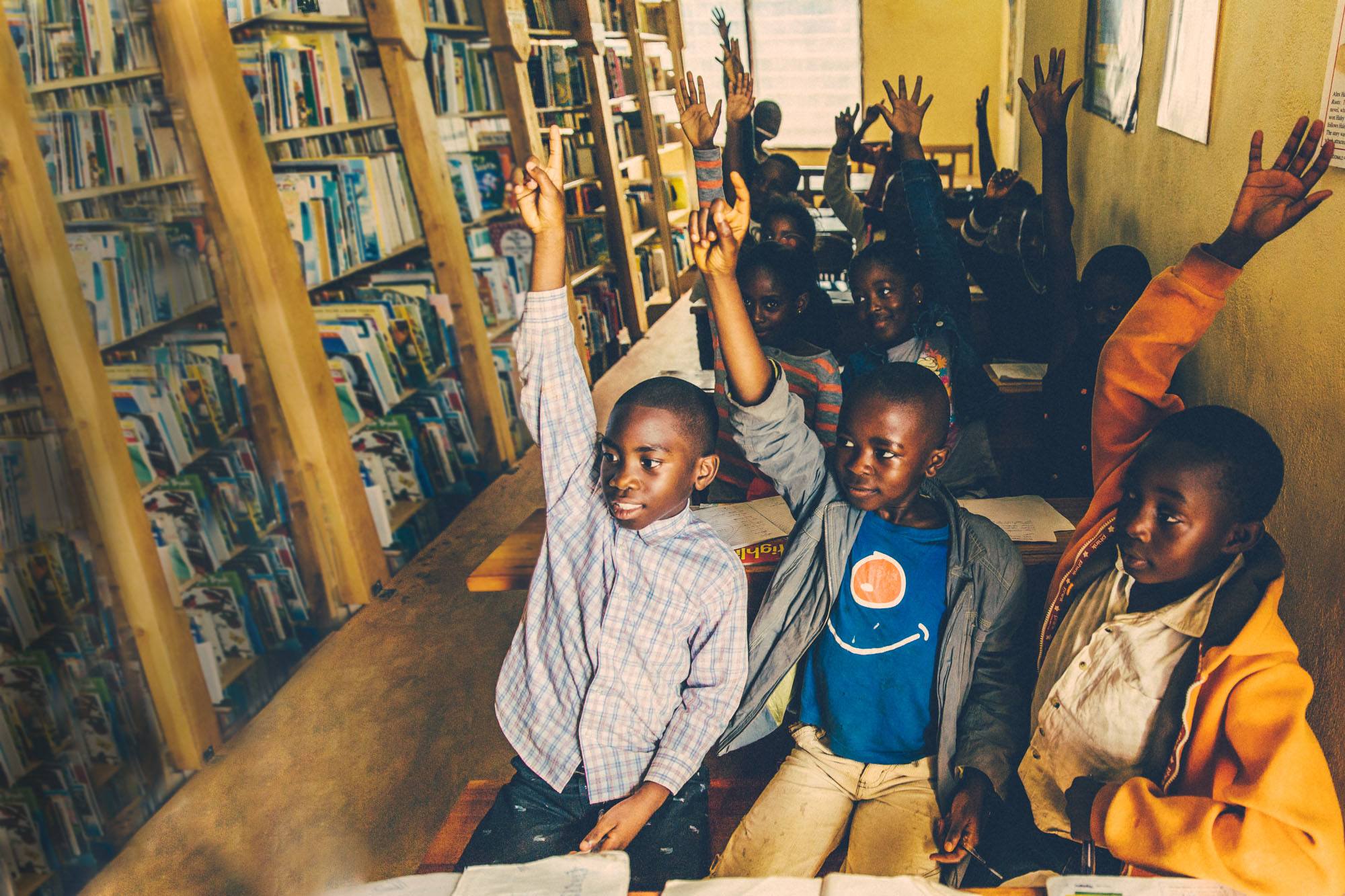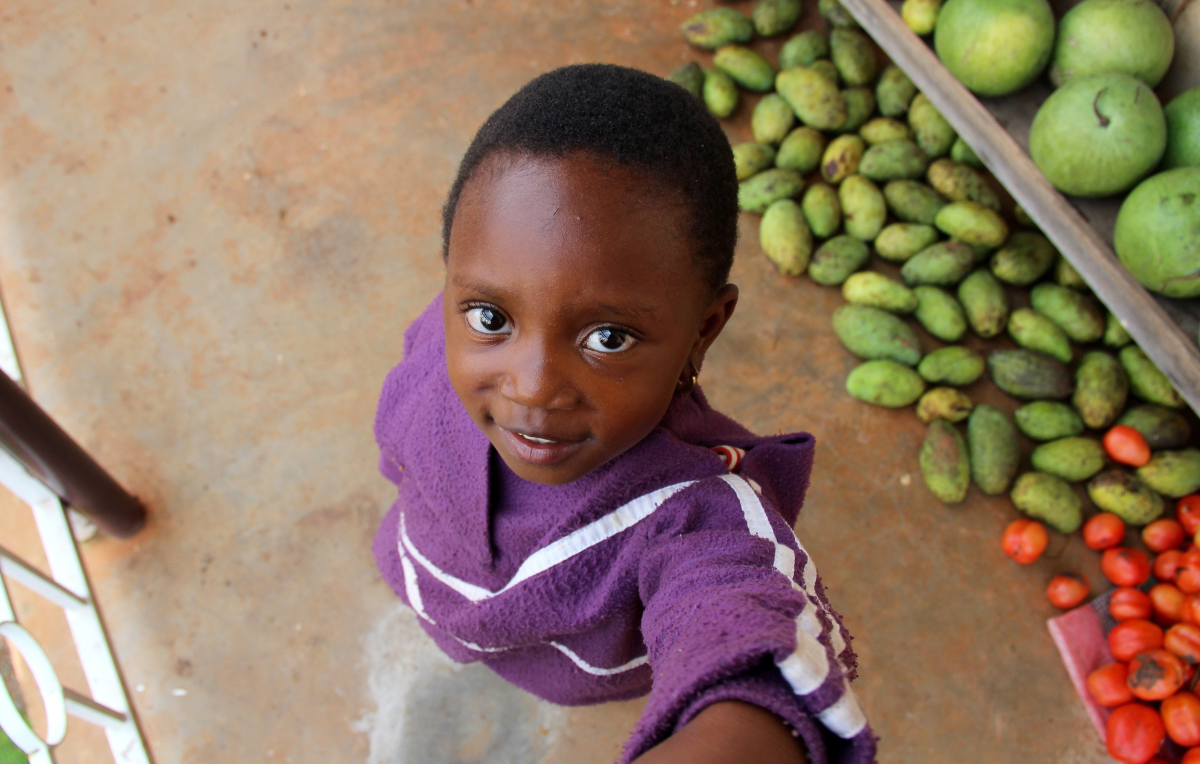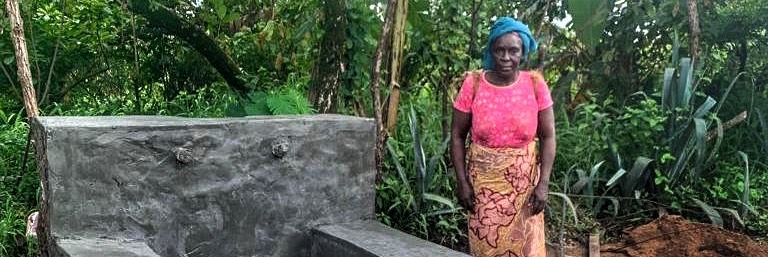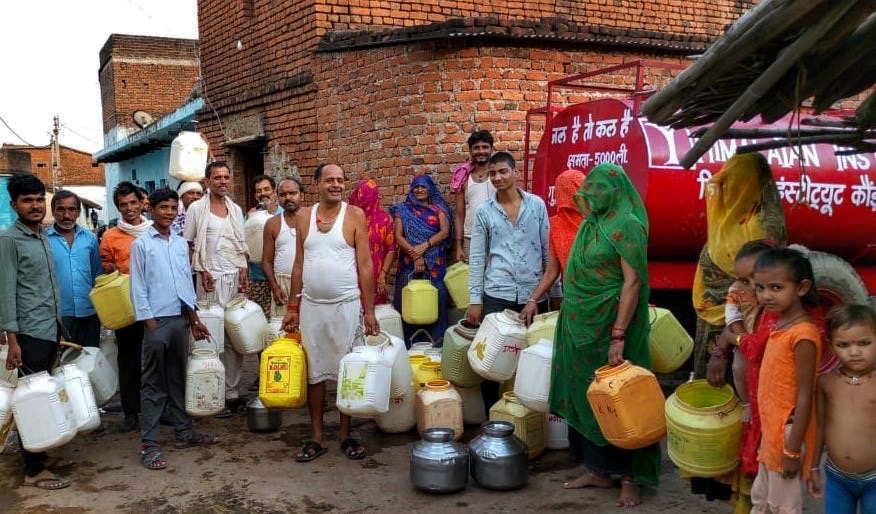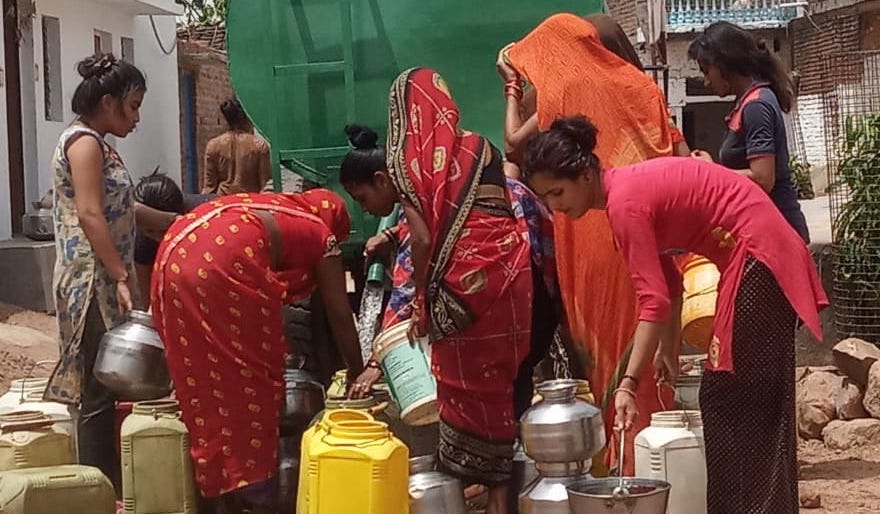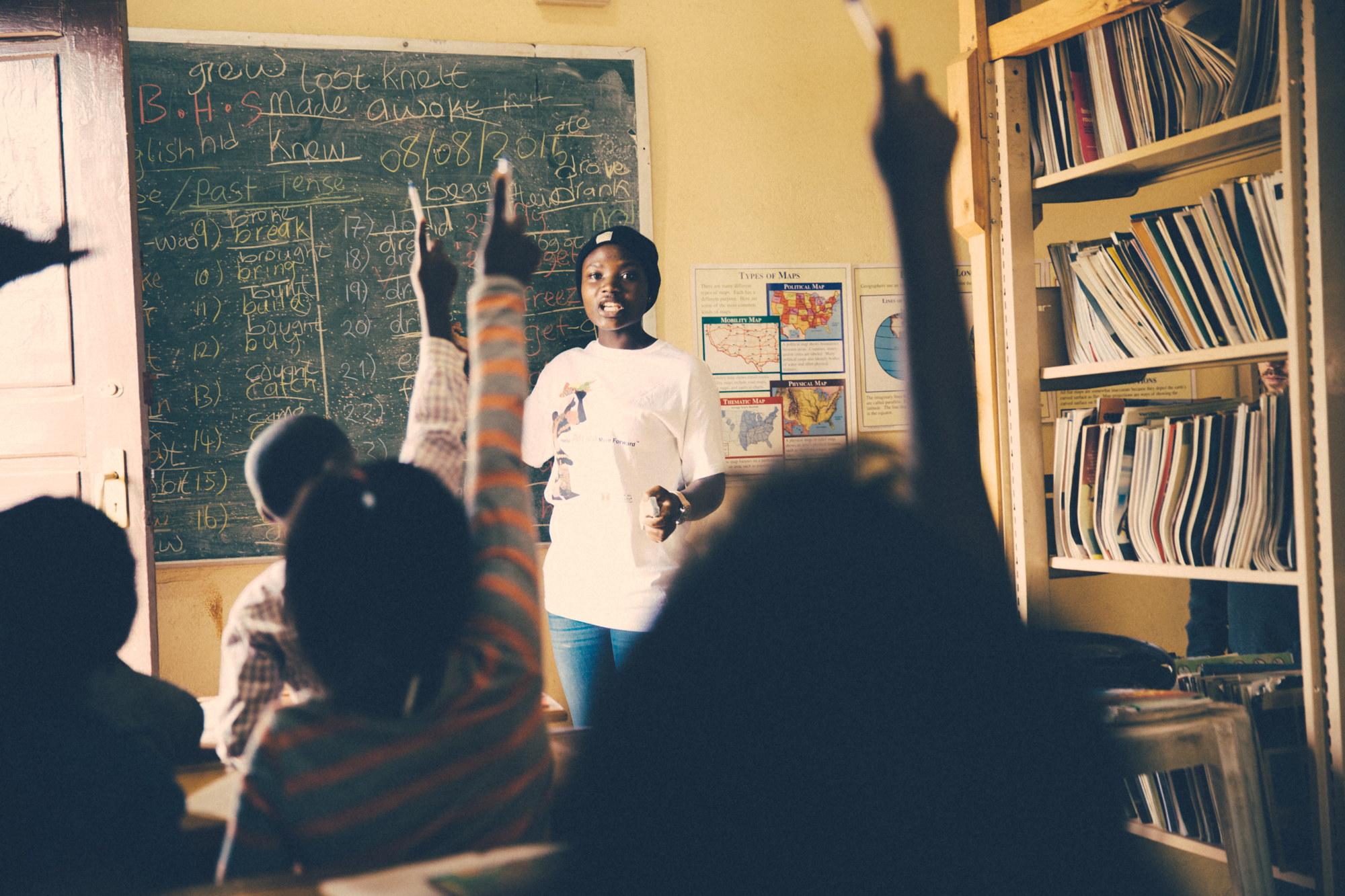
All Photos By: DJ Pierce
As January 24 marks the International Day of Education, we are reminded of the paramount role education plays in the health and well-being of communities across the world. On one hand, education can be seen as a common denominator that unites us as people, as it is a universally necessary foundation from which we are able to grow and prosper and enjoy success both at work and at home.
However, the role of education and the power it has to shape both an individual’s as well as a community’s success, shows us that education is not merely a luxury to be regarded for those who are privileged enough to enjoy its benefits. Education empowers people and gives them the tools to change their socio-economic status for themselves. Education enables entire communities to escape the cycle of poverty and allows the freedom to realize a better life for oneself and one’s family.
Education is the foundation from which opportunities are created, ideas are fostered, and economic success is made possible.
The Universal Declaration of Human Rights proclaims education as a human right, calling for free and compulsory elementary education for all, while the Convention on the Rights of the Child goes even further, directing countries to make higher education accessible to all. Yet, even with this international recognition and global mandates, education remains an unrealized dream for many, costing millions of people worldwide their health, safety, financial security, and their future.
According to the United Nations, enrollment in primary education in developing countries has reached 91% but 57 million primary age children remain out of school. More than half of children that have not enrolled in school live in sub-Saharan Africa. An estimated 50% of out-of-school children of primary school-age live in conflict-affected areas (Source: United Nations).
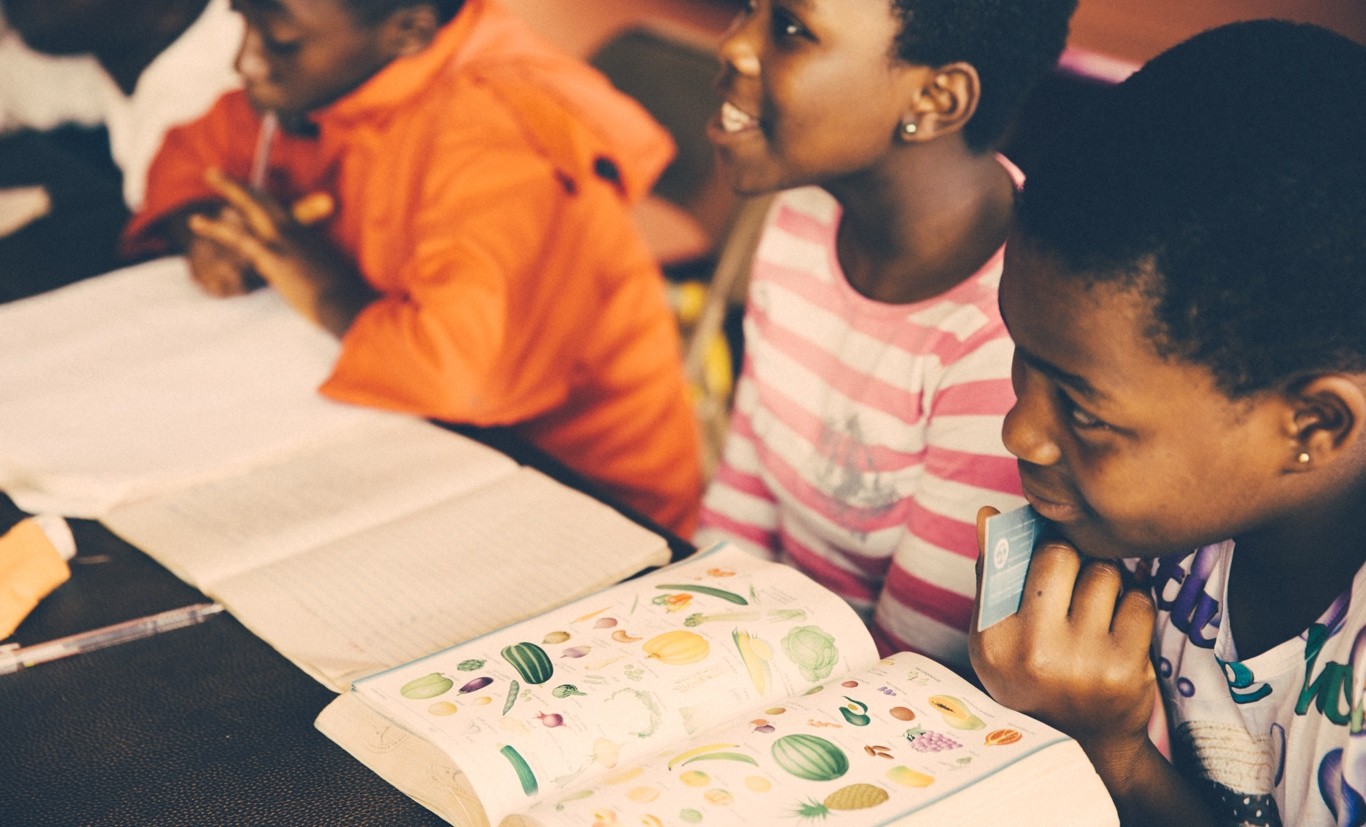
At Himalayan Institute Cameroon, we are addressing these issues head-on. Over the last 12 years, we have worked hard to establish the largest network of public libraries in the Northwest region of the country. These libraries not only serve as a place for students of all ages to utilize the thousands of books and textbooks available, but also as a community learning space. Our libraries offer computer literacy training courses, mentoring and tutoring services, reading and spelling groups, and afterschool and summer school activities. In a region where many children don’t have access to or can’t afford to attend school, our services have made all the difference.
“Education is a vital human right and plays a key role in human, social, and economic development. Education reduces poverty, boosts economic growth and increases income. It increases a person’s chances of having a healthy life, reduces maternal deaths, and combats diseases such as HIV and AIDS. Education can promote gender equality, reduce child marriage, and promote peace. In sum, education is one of the most important investments a country can make in its people and its future” (Source: Global Partnership for Education).
Education drives progress, and makes positive change possible, increasing one’s quality of life and the lives of others around them. It is important to not only remember that education is a human right, but to remember why it is so critical to the livelihoods of every single person on this planet.
The Himalayan Institute’s humanitarian initiatives in Cameroon depend upon the love and support of our donors—the progress and development we have seen over the years could not have been possible without you, and for this we are truly grateful. Together, we are creating peaceful communities throughout Cameroon.
For more information, please click here. If you would like to donate to projects like this, click here. Follow us on Facebook for frequent updates.
